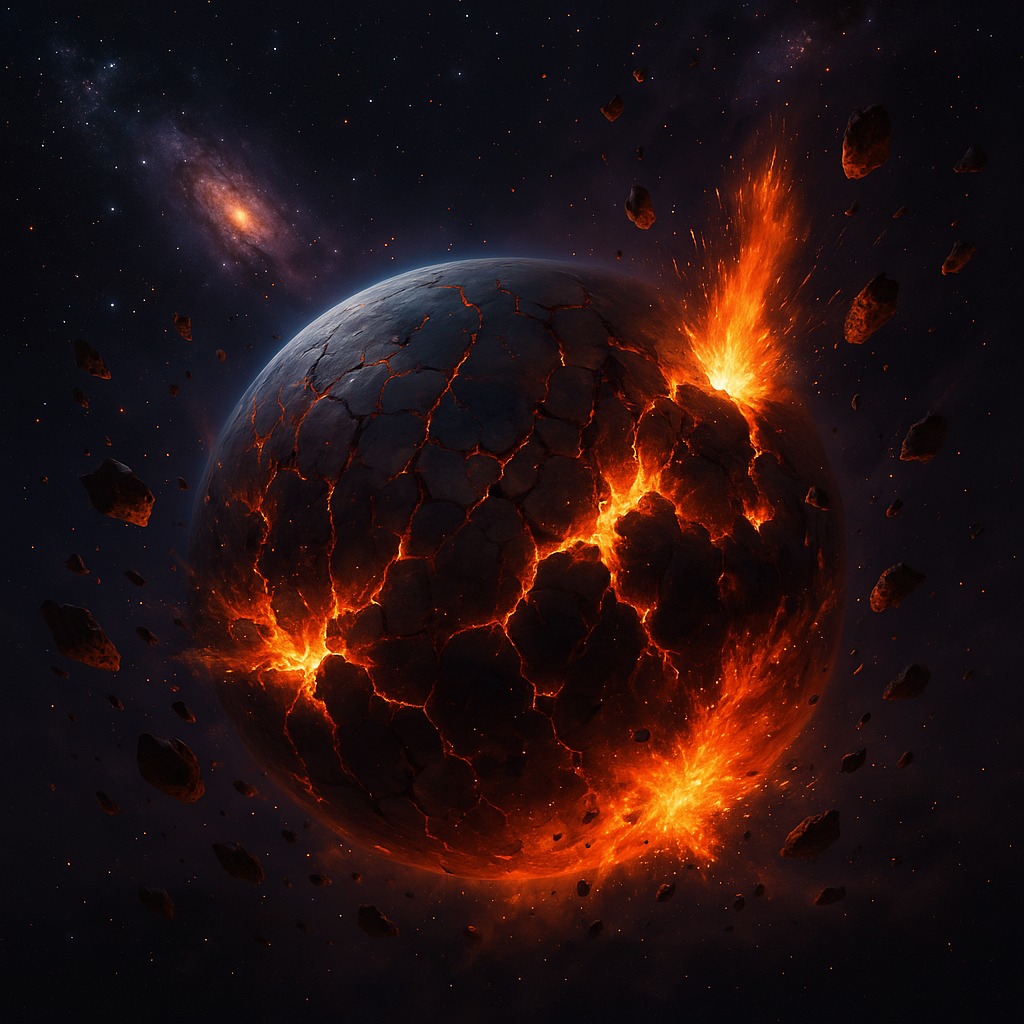
An international team of astronomers has discovered, thanks to the mission Cheops of the’European Space Agency (ESA), a truly amazing exoplanet: its name is Hip 67522 b and is, quite literally, self-destructing. Orbiting too close to its parent star, this young gas giant unleashes violent bursts of energy that damage it, slowly corroding its atmosphere.
A Planet Influencing Its Star
Published in the prestigious magazine Nature, the discovery of Hip 67522 b represents a unique case in the history of astronomy: is the first planet known to actively influence its star, and not vice versa, as has always been believed. A real reversal of the rules in the relationship between star and planet.
The Hunt for Exoplanets that Trigger Starbursts
Since the discovery of the first exoplanets in the 1990s, scientists wondered if some of them could orbit so close to their star as to disrupt its magnetic field, causing violent flares.
To answer this question, a team led by Ekaterina Ilin of the Dutch Institute of Radio Astronomy analysed data from the space telescope TESS by NASA, identifying stars with flare potentially triggered by planets. One of the most interesting cases? The very young star Hip 67522, with just 17 million years and two planets in orbit.
Cheops Confirms: Planet Triggers Flares
To confirm the hypothesis, the researchers involved the telescope Cheops, specialising in high-precision observation of single stars. During the transits of the planet in front of the star, Cheops detected well 15 flaresa clear signal that these events are caused by the very presence of the planet.
A Gas Giant Destined to Disappear
Hip 67522 b is located about 400 light years from Earth and is a gas giant with a size similar to Jupiter, but a surprisingly low density - comparable to that of candyfloss. The star's radiation is eroding its fragile atmosphere, bringing it to lose mass much more quickly than expected. If the pace of atmospheric evaporation will continue, in about 100 million years this planet could be reduced to a miniaturised version, similar or even smaller than Neptune.